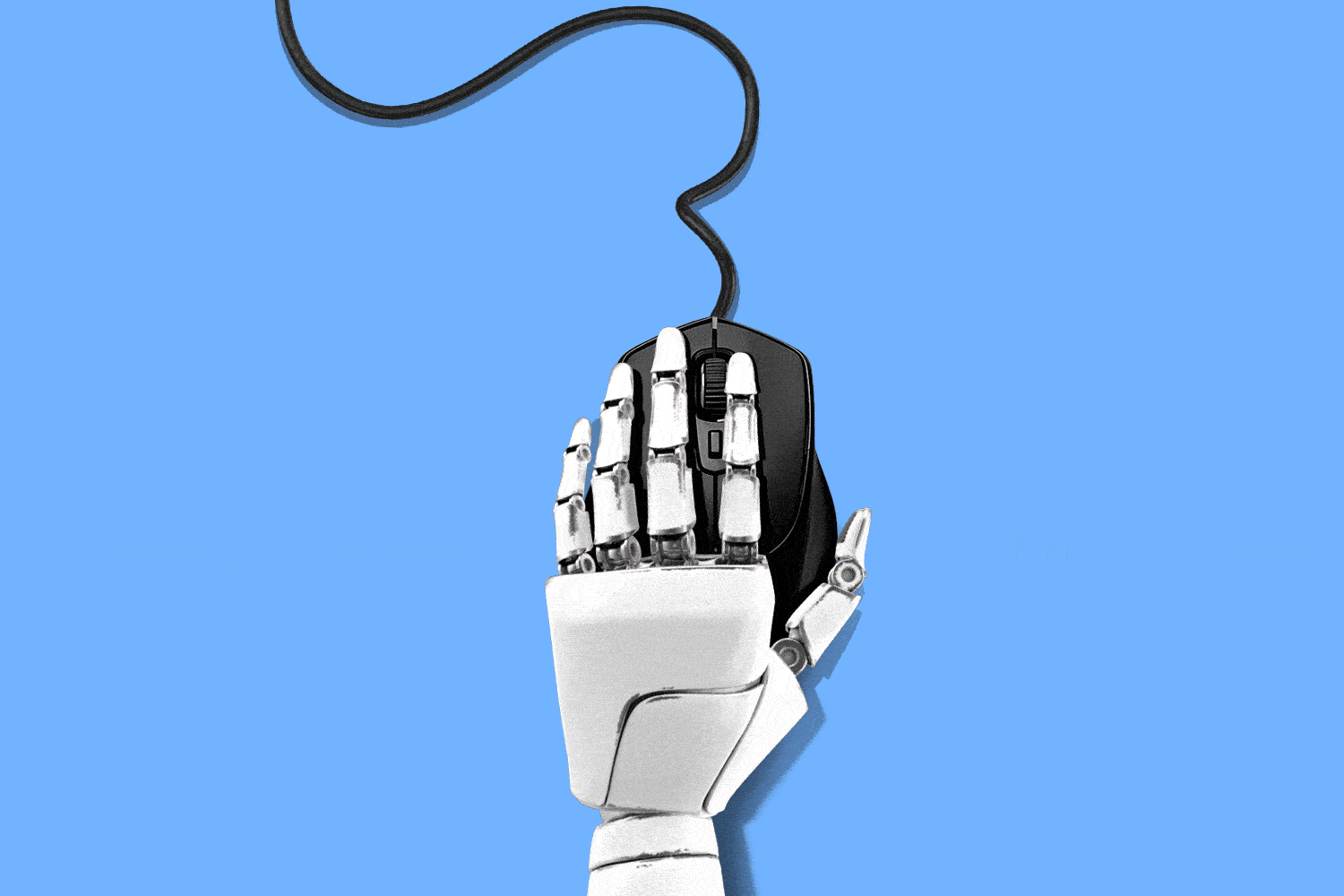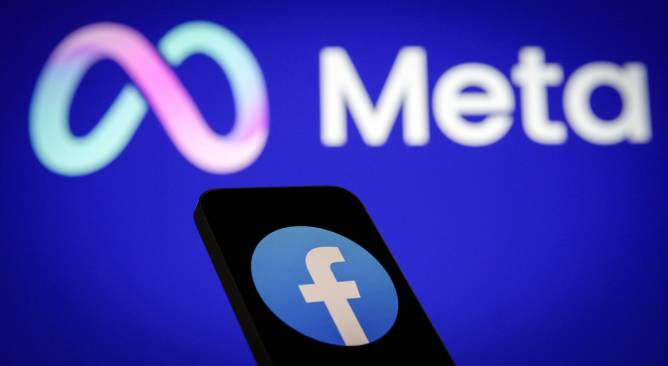|
It’s Friday. We wrote about AI tools for workplace use a lot this year, and as 2025 neared, we wondered how our readers (yes, that’s you!) are (or aren’t) using AI assistants in the office. So, we asked, and nearly 1,000 of you responded. The results are below.
In today’s edition:
—Patrick Kulp, Jordyn Grzelewski, Ryan Barwick, Annie Saunders
|
|
|
AI
|
While AI might be a popular workplace companion for Tech Brew readers, the vast majority of those who responded to a recent survey aren’t shelling out any money for these tools.
About 78% of the 878 readers we surveyed said they don’t pay anything for AI tools overall, 16% allot $1 to $20 per month, and 5% budget more than that. A little over half of these office workers have some form of AI provided to them at work—whether through customized internal tools (23%) or third-party enterprise platforms (30%)—but a plurality (38%) use AI independently on the job.
Business owners/entrepreneurs and freelancers/contractors were much more likely to pay for AI tools—43% and 31%, respectively, paid from a dollar to more than $20 per month—suggesting that other employees might have a workplace footing the bill.
At least one respondent mentioned cost as a roadblock to adoption: “I think one of the big time savers is note-taking at work. But since it costs money, the company only has limited licenses for a few folks,” one respondent at a large company told us.
Keep reading here.—PK
|
|
|
|
|
|
Presented by BOXABL
|
Major car manufacturers like Ford and Tesla can reportedly build a car in as little as a minute. Isn’t it time we do that for houses?
Enter BOXABL, the company that’s aiming to transform housing construction and affordability by using cutting-edge technology and advanced manufacturing methods to mass-produce homes in their Las Vegas facilities.
They believe this approach to building housing—better, faster, and more affordable—can help address the housing crisis.
BOXABL has raised more than $170m since 2020, with support from 40,000+ investors, and they have 53 patent filings. Since opening their factory, BOXABL has built 700 homes. Ready to join the mission of making housing more affordable for all?
Get the full scoop.
|
|
|
FUTURE OF TRAVEL
|
The promise of cars that drive themselves has been just around the corner for many years now.
Self-driving vehicles still may not be mainstream, but 2024 saw incremental progress (with some noteworthy setbacks), from robotaxi companies expanding to new markets to more drivers being able to take their hands off while on highways, to driverless trucks delivering goods along predictable routes. Experts say more small steps will come in 2025.
“Autonomous vehicles are advancing fastest in controlled environments of various kinds,” Paul Miller, VP and principal analyst at Forrester, told Tech Brew. “We see them being deployed at scale in mining, in construction, in warehouses––and much, much, much less on public highways, for all sorts of obvious reasons.”
“We will get there,” he added. “But 2025 is just around the corner, so there’s not going to be a dramatic improvement then.”
Keep reading here.—JG
|
|
|
|
|
|
BIG TECH
|
Starting next year, Meta plans to limit certain advertisers’ access to health-related data that could affect how everything from vitamins and supplements to acne treatments and Botox injections are marketed on the platform.
The plans, contained within a lengthy update to Meta’s advertising policy released last month, detail how the platform plans to limit or entirely restrict advertiser access to data that falls into specific categories like health and wellness, financial services, and politics. The new policy is scheduled to go into effect in January, nearly two years after advertisers using Meta’s ad tools faced scrutiny from the federal government for allegedly sharing users’ sensitive health information with the platform.
The changes could prevent advertisers from being able to access some kinds of data tied to consumers’ online activity, like the purchases they’ve made or the items they’ve placed in their online shopping carts. Those can be crucial data points for advertisers who are increasingly relying on Meta’s AI-powered advertising tools to find potential customers.
Advertisers told Marketing Brew that they had heard little from Meta directly about the full effects of the policy changes, and they described the policy changes as “vague” and “fairly ambiguous.” Beyond that, one described the timing of the announcement as “tone-deaf” amid the busy holiday shopping season.
Regardless, advertisers are working to understand how the updates will affect them—and are bracing for impact.
Keep reading here.—RB
|
|
|
|
|
|
Together With BOXABL
Meet the company working to revolutionize housing. Say hi to BOXABL. They’re on a mission to make housing affordable for all with an innovative approach to construction and affordability. With over $170m raised since 2020 from over 40k investors, BOXABL could be poised to be a game changer. Learn about joining their mission. |
|
|
BITS AND BYTES
Stat: Up to 99%. That’s how much copper startup Still Bright claims it can pull from primary sulfide ores, Grist reported in a story about new technologies for refining copper.
Quote: “If people think the scientific community has been telling them that 1.5 degrees C is a tipping point, but nothing happened when we went over 1.5 degrees C, that can threaten scientific credibility at a time when actually we are facing a lot of dangers from climate change.”—Bob Kopp, a Rutgers University researcher who studies the climate crisis and sea level rises, to Grist in a story about the potential dangers of using the phrase “tipping point” when it comes to climate action
Read: YouTube is full of old, unseen home videos. Now you can watch them at random (the Washington Post)
Home heroes: There’s a new company in town working to transform housing. Meet BOXABL. They’ve raised over $170m since 2020 from over 40k investors, with a mission to make housing affordable for all.* *A message from our sponsor.
|
|
|
|
SHARE THE BREW
|
Share Tech Brew with your coworkers, acquire free Brew swag, and then make new friends as a result of your fresh Brew swag.
We’re saying we’ll give you free stuff and more friends if you share a link. One link.

Your referral count: 2
Click to Share
Or copy & paste your referral link to others:
emergingtechbrew.com/r/?kid=9ec4d467
|
|
|
ADVERTISE
//
CAREERS
//
SHOP
//
FAQ
Update your email preferences or unsubscribe
.
View our privacy policy
.
Copyright ©
2024
Morning Brew. All rights reserved.
22 W 19th St, 4th Floor, New York, NY 10011
|
|







